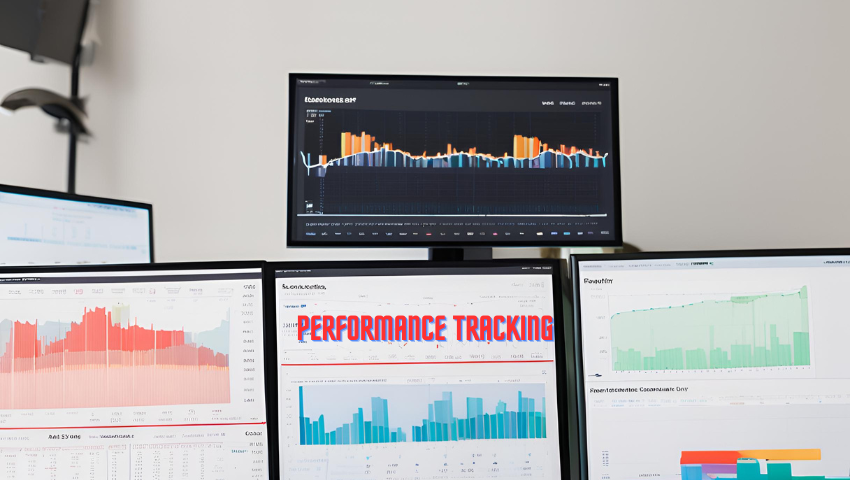Tracking performance metrics is essential for traders to evaluate their progress, align with goals, and refine strategies. This guide explores why it’s crucial, key metrics to monitor, how to calculate them, and their impact on trading outcomes.
Why Track Performance Metrics?
- Objective Evaluation: Gain insight into strengths and weaknesses objectively.
- Goal Alignment: Ensure strategies match trading objectives for desired outcomes.
- Continuous Improvement: Identify areas for refinement and optimize strategies.
- Risk Management: Evaluate risk-reward ratios and implement effective risk management.
Key Performance Metrics:
- Win Rate: Percentage of winning trades out of total trades executed.
- Average Gain/Loss per Trade: Measures average profit or loss per trade.
- Risk-Reward Ratios: Assesses potential reward against risk in each trade.
- Trading Consistency: Measures reliability and stability of trading results over time.
How to Calculate Performance Metrics:
- Win Rate: (Number of Winning Trades / Total Number of Trades) x 100.
- Average Gain/Loss per Trade: (Total Gains — Total Losses) / Total Number of Trades.
- Risk-Reward Ratio: Average Gain per Trade / Average Loss per Trade.
- Trading Consistency: (Number of Consistently Profitable Months / Total Months) x 100.
Significance of Tracking Performance Metrics:
- Performance Evaluation: Highlight strengths and areas for improvement.
- Goal Management: Align goals with measurable metrics for progress tracking.
- Risk Assessment: Evaluate risk exposure and optimize risk management.
- Strategy Optimization: Refine strategies, enhance profitability, and mitigate losses.
Conclusion:
Tracking performance metrics is fundamental for traders aiming for success. By analyzing key metrics and adjusting strategies accordingly, traders can improve performance and achieve their trading goals over time.
Conclusion
Achieving work-life integration as a business owner requires intentional effort, self-awareness, and commitment to self-care. By embracing a holistic approach to managing work and personal life, business owners can cultivate greater balance, fulfillment, and overall well-being. Remember that work-life integration is not a destination but a continuous journey of growth and self-discovery. By prioritizing what truly matters and aligning your actions with your values, you can create a life that is rich in purpose, meaning, and joy.
